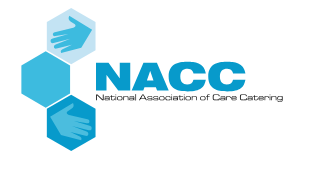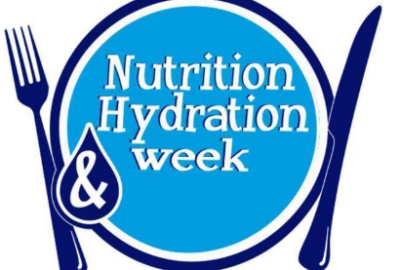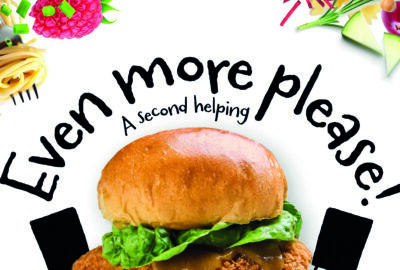The University of Reading, Berkshire, scooped the “Innovation in Catering” Award in the 2020 College and University Business Officers (CUBO) Awards for its introduction of smart coffee machines. This initiative has succeeded in boosting the use of reusable cups from 12% to 69% in eight months*. It also helps to reduce waste and recycling costs.
The University of Reading is at the forefront of research into sustainability and the environment. For example, Professor Ed Hawkins from the University first created the climate stripes graphic which shows how the world’s average temperature is changing overthe decades.
Matt Tebbit, head of dining and bars, University of Reading, said
Matt Tebbit, head of dining and bars, University of Reading, said “Sustainability is at the heart of what the University does. As the in-house caterer, we want to follow the University’s lead by introducing eco-friendly systems such as the smart coffee machines.”
“We were delighted to win this Award – it marks the culmination of lot of work from the in-house catering team and our commercial partners ValidFill. In essence, it’s applied technology in a coffee cup.”
Altogether there are 25 to 30 catering outlets on the campus serving 1700 students, spanning from private dining, student refectories, coffee shops, bars and pubs.
The University’s previous attempts to reduce the number of paper cups used by students were far less successful. “We were giving away hundreds of paper cups,” said Matt. “We tried all sorts of schemes to reduce wastage, but they didn’t work. We introduced discounts if students reused their cup, but they didn’t remember to bring the cups back.”
According to Matt, the University’s award-winning system is the first of its type globally. The self-service smart coffee machines will only accept special cups with a readable microchip. The special cups (which are £3 each) have a microchip in the base so when the coffee drips onto it, it reads the chip and identifies the number of credits or time span. “The machine will only work with the microchipped cup, so if students forget the cup, they won’t get the coffee,” Matt says. “It forces them to remember. The main benefits are they can skip the queue, it’s cheaper and it helps the environment.”
Crucially, the system is changing behaviour, dramatically cutting the number of paper cups used on campus and encouraging anyone visiting them to make sustainable decisions. “As soon as the smart coffee machines were introduced, we noticed people’s behaviour changed instantly,” says Matt. “They were forced to remember to bring their microchipped cups. The system is also quicker and cheaper for them.”
Students only have to visit the till once to buy the special cup and either have credits (£12 for 12 coffees) or a time span such as
a week loaded onto it. The chip on the cup automatically removes one credit every time it is used in the machine.
For more information about the University visit reading.ac.uk
*69% in January 2020, up from 12% in May 2019



